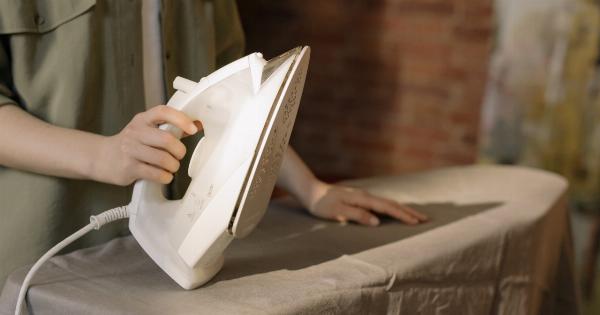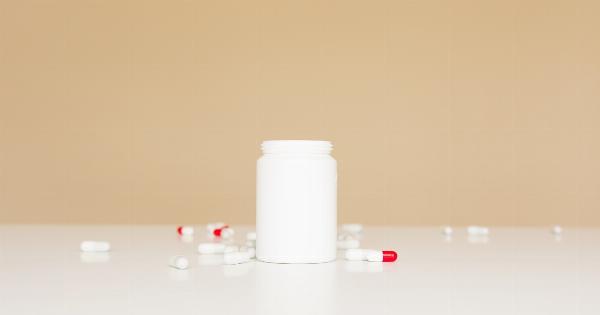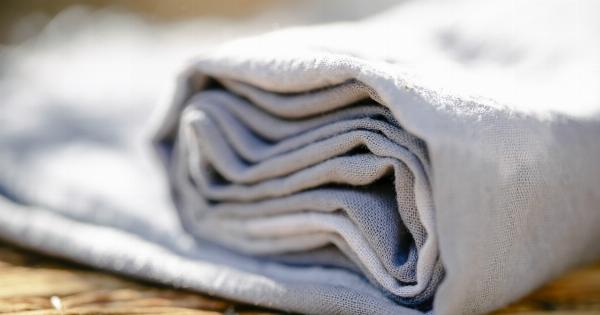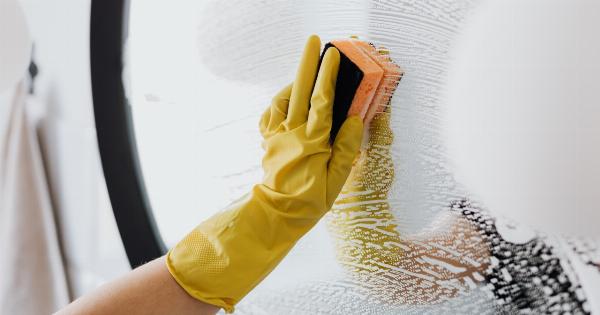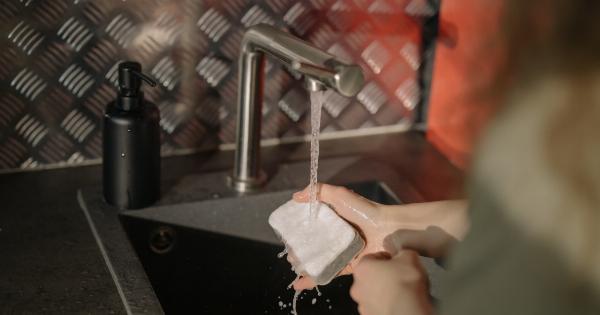Keeping your washing machine clean is essential for maintaining its performance and longevity. Over time, detergent residue, mineral deposits, and mold can build up inside the machine, affecting its efficiency and causing unpleasant odors.
By incorporating simple cleaning techniques into your regular maintenance routine, you can ensure that your washing machine continues to deliver fresh and clean laundry. In this article, we will explore some easy and effective methods to clean your washing machine.
Gather Your Supplies
Before you embark on the cleaning process, it is important to gather the necessary supplies. Some common items you may need include:.
- Vinegar
- Baking soda
- All-purpose cleaner
- Toothbrush or scrub brush
- Cloth or sponge
Cleaning the Exterior
Start by giving the exterior of your washing machine a good wipe down. Use an all-purpose cleaner and a cloth or sponge to remove any dirt or stains. Pay special attention to the control panel, knobs, and buttons.
Make sure to dry the exterior thoroughly to prevent water damage.
Removing Detergent Residue
Over time, leftover detergent can accumulate inside your washing machine, affecting its performance and causing unpleasant odors. To remove this residue, follow these steps:.
Step 1: Vinegar Soak
Start by filling your washing machine with hot water. Add two cups of white vinegar to the water and let the machine run on its longest cycle. Vinegar is effective in breaking down detergent buildup and eliminating odors.
The acidic nature of vinegar helps dissolve mineral deposits as well.
Step 2: Wipe Down
After the vinegar cycle is complete, open the lid and use a cloth or sponge to wipe down the inside of the washing machine. Pay special attention to the areas where detergent and water tend to accumulate, such as the dispensers and drum.
You can also use a toothbrush or scrub brush to remove any stubborn residue.
Dealing with Mold and Mildew
If you notice a musty odor or see black spots inside your washing machine, it is likely that mold or mildew is present. Mold can thrive in the damp and dark environment of the machine. Follow these steps to get rid of mold and mildew:.
Step 1: Baking Soda Paste
Mix a quarter cup of baking soda with a few tablespoons of water until it forms a thick paste. Apply this paste to areas affected by mold or mildew, such as the rubber seal around the door.
Let it sit for about 15 minutes to allow the baking soda to work its magic.
Step 2: Scrub and Rinse
Using a toothbrush or scrub brush, gently scrub the areas with the baking soda paste. Pay close attention to any visible mold or mildew spots. After scrubbing, rinse the area with water and wipe it down with a cloth.
Make sure to dry the rubber seal thoroughly to prevent future mold growth.
Cleaning the Dispensers
Regularly cleaning the detergent and fabric softener dispensers is essential to prevent residue buildup and ensure that these substances are properly dispensed. Here’s how you can clean the dispensers:.
Step 1: Soak in Vinegar
Remove the detergent and fabric softener dispensers from your washing machine. Fill a sink or basin with equal parts of hot water and vinegar. Submerge the dispensers in the solution and let them soak for about 30 minutes.
The vinegar will help dissolve any residue or clogs.
Step 2: Scrub and Rinse
After soaking, use a scrub brush or toothbrush to gently scrub the dispensers. Pay attention to any nooks and crannies where residue might be hiding. Rinse the dispensers thoroughly with water to remove any leftover vinegar or residue.
Make sure they are completely dry before placing them back in the washing machine.
Maintaining a Clean Washing Machine
Once you have cleaned your washing machine, it is important to take preventative measures to maintain its cleanliness. Here are some tips you can follow:.
Use the Right Amount of Detergent
Using too much detergent can lead to excess buildup inside the machine. Follow the manufacturer’s recommendations for the appropriate amount of detergent to use for each load.
Leave the Door Open
After each use, prop the door open slightly to allow air circulation and prevent mold and mildew growth. This will also help in drying out the machine, reducing the chances of musty odors.
Remove Wet Clothes Promptly
Once the washing cycle has finished, promptly remove the wet clothes from the machine. Leaving damp clothes inside can create a damp environment ideal for mold and mildew growth.
Regularly Clean the Filter
Some washing machines have a filter that traps debris and lint. Regularly check and clean this filter according to the manufacturer’s instructions. A clogged filter can affect the machine’s performance and cleanliness.
Conclusion
By incorporating these simple cleaning techniques into your regular washing machine maintenance routine, you can ensure that your machine operates efficiently, eliminates odor-causing bacteria, and delivers fresh and clean laundry every time.
Maintaining a clean washing machine not only extends its lifespan but also ensures that your clothes are thoroughly cleaned with each wash. Remember to consult your washing machine’s manual for specific cleaning instructions and guidelines.






